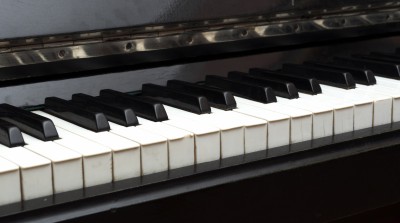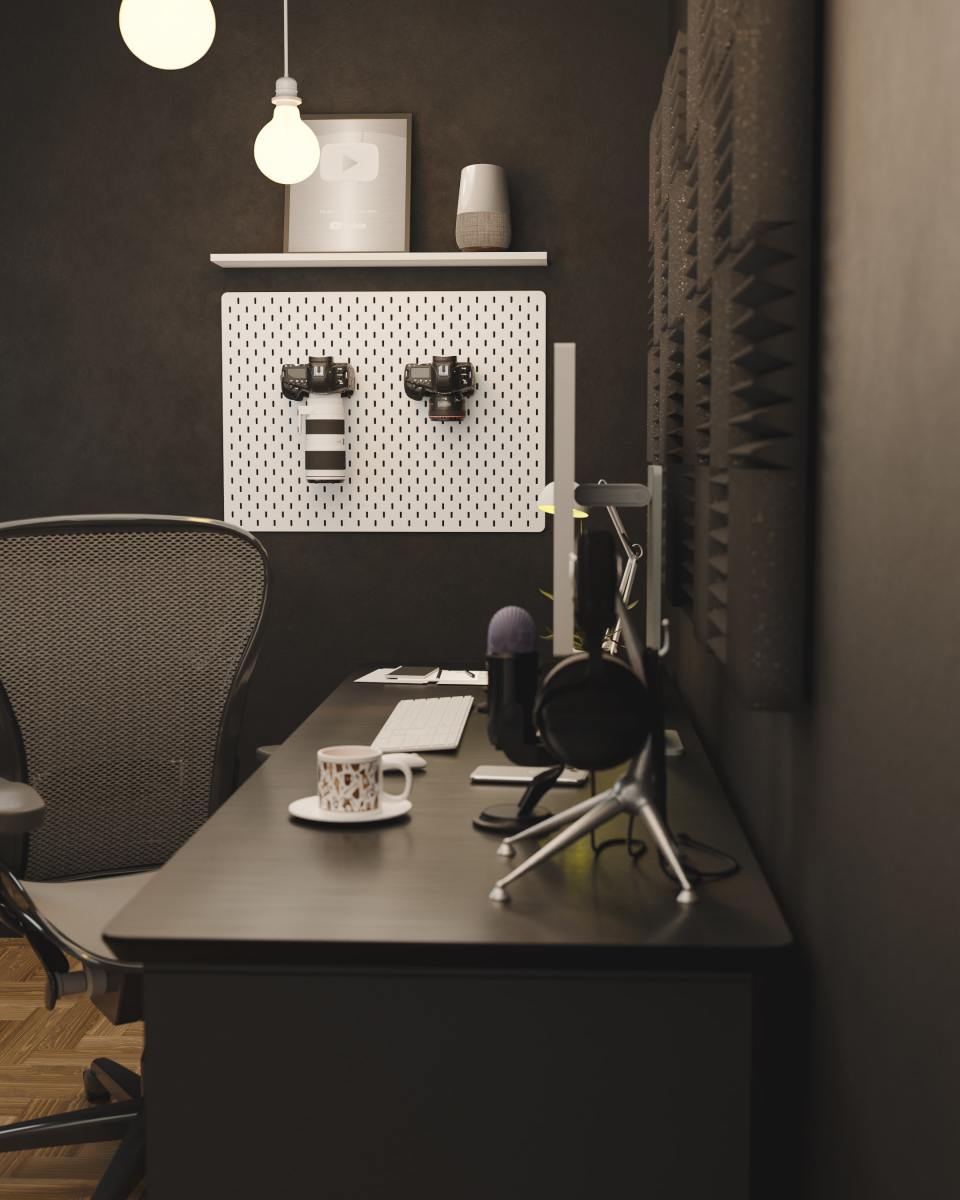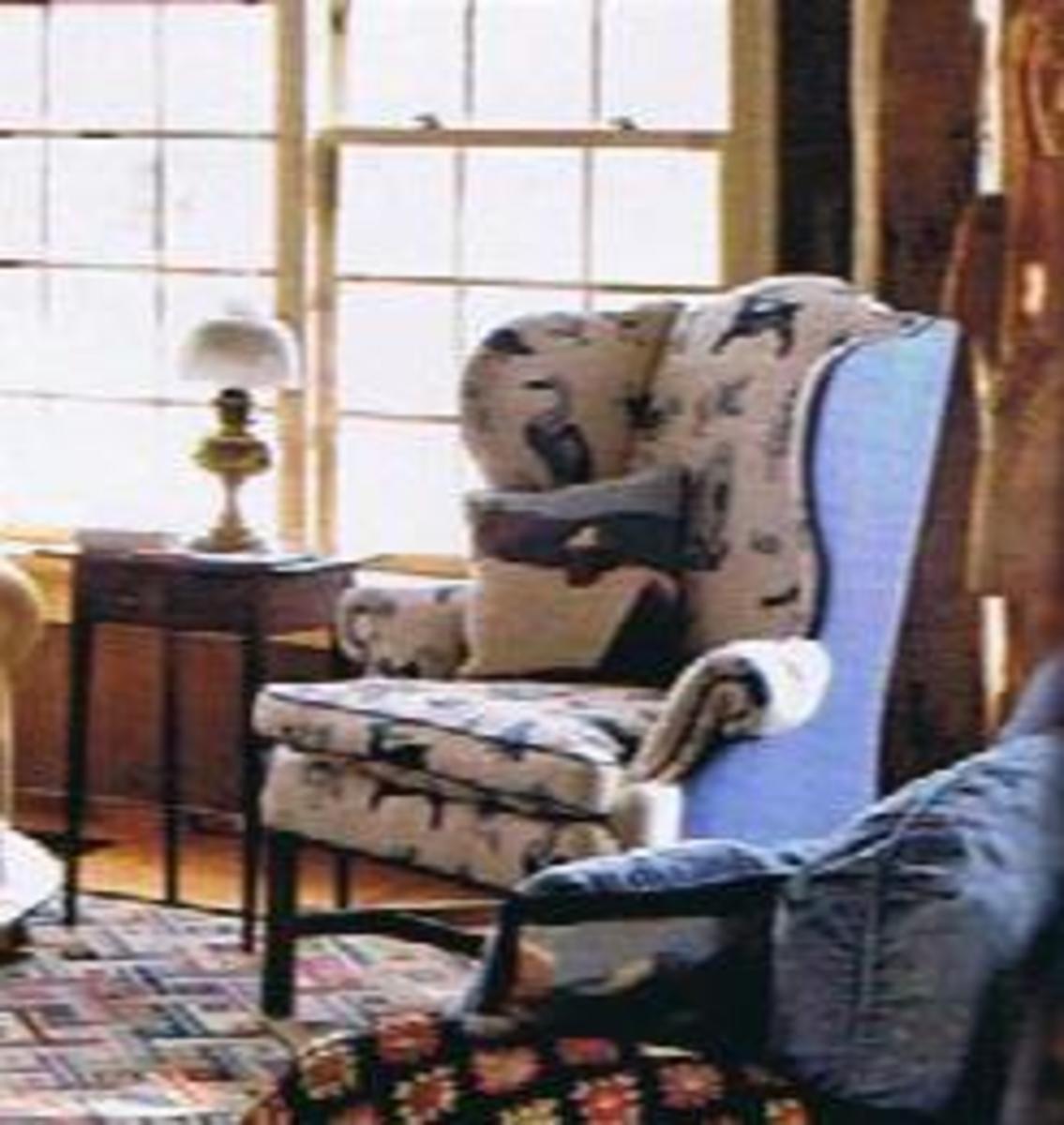Caring for your piano- 10 questions answered

The longevity of your piano depends on the amount of care and maintenance that you put into it. Like most musical instruments, there are proper ways and improper ways to clean and care for your piano. Below you will find the answers for 10 questions that are frequently asked by piano owners.
1. What lifespan is a new grand or upright piano expected to have?
On average, a new grand or upright piano will last 50 to 60 years if the following criteria are met:
- The piano is stored at ideal humidity and temperature levels
- The piano receives regular maintenance
- The piano is not left unplayed for years at a time
2. How often should I tune my piano?
It is recommended that piano owners tune their pianos every six months to a year. If the piano is frequently played, it may need to be tuned more often.
It is advisable that tuning is done by a registered piano technician who is qualified to do the job.
3. If my piano is infrequently played, does it still need to be tuned yearly?
Your piano should definitely be tuned at least once year if it is not being played. If an unplayed piano goes untuned for several years, it may fall substantially below pitch. It will then require more than one tuning to bring it back up to pitch, and this can be quite costly.
4. Can I do minor piano repairs myself?
Definitely not- it is not recommended that you do any repairs to your piano yourself! Irrespective of how simple the repair job may appear to be, you do not want to risk adding additional problems to your existing problem.
Let the experienced technician do his job- he has the right repair tools and the expertise to get the job done.
5. Can I use furniture polish to take care of the cabinet of my piano?
No, you should not use furniture polish to take care of the cabinet of your piano! Despite what labels say, the silicone and oils present in many household brands of furniture polish can contaminate the wood of the cabinet. Also, common household products often soften the finish of the cabinet if overused, and offer no protection from scratching.
6. What is the best way to care for the cabinet of my piano?
- To take care of the cabinet of your piano, you should obtain two soft pieces of cloth such as flannel. Wet one piece of the cloth and leave the other dry.
- Proceed to wring the wet piece of cloth, removing as much water as you can. Although you want a damp piece of cloth, you want to avoid leaving large amounts of water on the surface of the finish after you wipe it.
- After wringing your cloth, wipe the cabinet of your piano using straight strokes. Any circular motion may leave swirl marks on your piano.
- Immediately after using the damp cloth, wipe the piano with the dry cloth using straight strokes as well.
- Note that you should never wipe the piano with a dry cloth initially. Dust is very abrasive, and can scratch the surface if its removal is not aided by the dampness of the cloth.
- If your piano needs only a light clean, you may opt for dusting the piano lightly with a feather duster instead of using the damp and dry pieces of flannel cloth.
7. If my piano is looking dull, is there any type of polish I can use to restore the luster to the finish?
Yes, there are many polishing products on the market specifically manufactured to improve piano finishes. The type of product you should use will depend of whether you have a piano with a lacquered finish or a piano with a polymer finish.
Oz Cream Polish and Steinway’s line of furniture polishes are recommended for pianos with lacquered finishes. For pianos with polymer finishes, Steinway’s line of furniture polishes manufactured specifically for pianos with polymer based finishes are recommended. The polishes you use on your pianos with polymer based finishes should never contain alcohol or silicones.
8. Will high levels of humidity affect the durability of my piano?
Yes, high levels of humidity can cause your pianos keys to become sticky and sluggish; but you should also note that low levels of humidity can also affect your piano’s durability by causing the soundboards to crack.
There is actually a recommended humidity range for the longevity of a piano- 35 to 60%. The humidity level should be kept as consistent as possible. You can use a humidity gauge (hydrometer) to keep the humidity levels in check. Room humidifiers and dehumidifiers can aid in keeping constant humidity levels during the winter and summer months respectively.
Seasonal swings cause the wooden parts of the piano to swell and shrink and this may lead to your piano becoming out of line. If constantly subjected to varying humidity levels, the wooden parts of the piano begin to crack and glue that was placed in the joints during the manufacturing process begins to fail.
9. Is there a recommended ideal temperature for the room in which I keep my piano?
Extreme heat as well as extreme cold may affect your piano. A piano exposed to direct sunlight will not only end up with a faded finish, but will also become out of tune very rapidly! Always keep your piano away from heating registers, radiators, fireplaces and air conditioning units.
The ideal temperature for the room in which you keep your piano should be 68oF to 70oF. The temperature of the room should NEVER fall below 45oF and should NEVER rise above 90oF.
10. Can I use bleach on the piano keys to whiten them?
Never use bleach, alcohol or any other household cleaners to clean your piano keys! If your keys are badly stained, contact a qualified piano technician on this matter.
There are cleaners on the market specifically for piano keys. However, there are a couple of mild home products that can be used to clean the keys of both modern and older pianos.
Modern Pianos
Submerge a terry cloth in a mild soap and water solution. Wring out the excess solution and then wipe the keys one by one until the discoloration is gone. Always avoid moisture from reaching the side of the keys.
Older pianos
If your older piano has ivory keys, you may use a tooth brush with a small amount of non- abrasive toothpaste to gently clean each key. Once the discoloration is removed, wipe the keys gently with a damp paper towel.
Some recommended DON’TS when caring for your piano
- DO NOT place drinks, plants etc on the piano’s finish
- DO NOT use alcohol based products on your piano
- DO NOT place your piano in a location where it will have direct sunlight exposure
- DO NOT use products on your piano without reading the label
- DO NOT subject your piano to extreme temperature and humidity fluctuations
- DO NOT clean the delicate parts inside of your piano yourself. Have your piano technician do it
- DO NOT use excessive amounts of polish on your piano
- DO NOT play your piano with dirty hands
- DO NOT use dry cloths when initially removing dust from your piano ( you may use a dry cloth to dry the piano after using a damp cloth)
- DO NOT place lamps or ornaments with sharp edges on your piano- ensure that they have felt- padded bases



